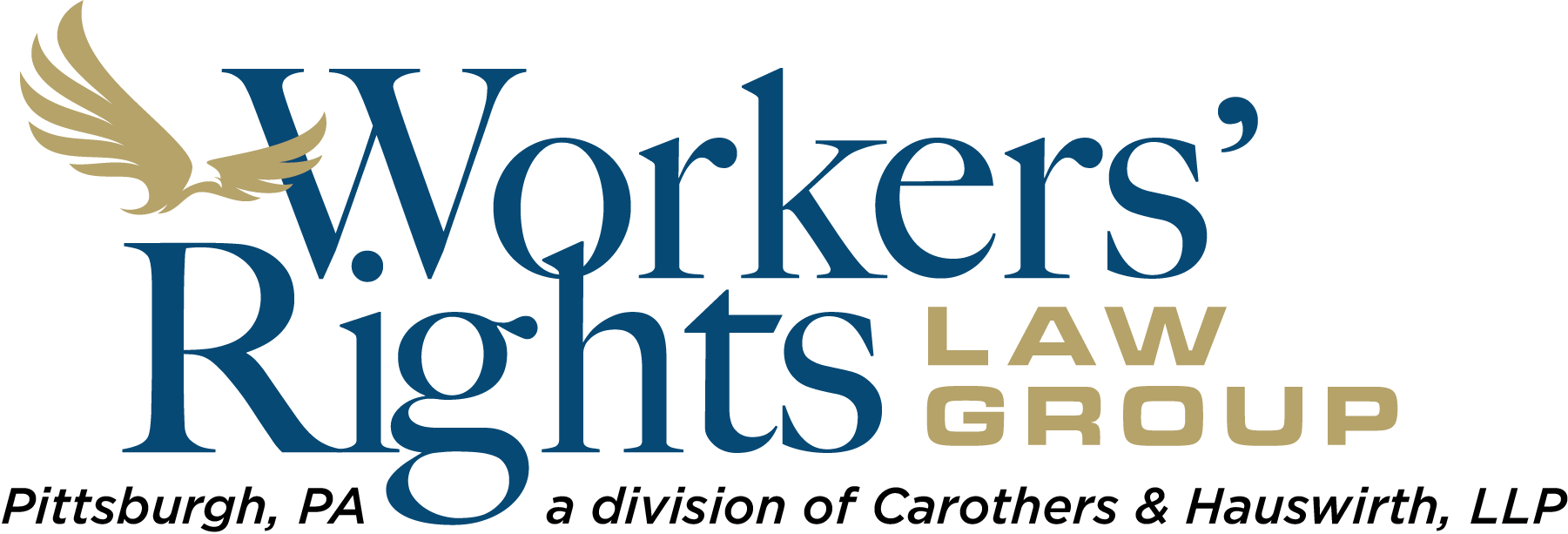Equal Employment Opportunity Commission and
Pennsylvania Human Relations Commission
PROCEDURE
Our team at the Workers’ Right Law Group will shepherd you and your case through the administrative process whether your case needs to be filed, is currently being investigated, or has a pending mediation.
For many employment law cases, you have to first “exhaust your administrative remedies” with either the Pennsylvania Human Relations Commission (the “PHRC”), the Equal Employment Opportunity Commission (the “EEOC”), or both. These are state and federal administrative agencies, respectively, that offer the parties an opportunity to engage one another before a lawsuit is formally filed in court. This opportunity sets the tone for the rest of your case moving forward and having skilled representation ensures your case starts on the strongest note possible.
To commence an action within the PHRC or the EEOC you and the attorneys at the Workers’ Rights Law Group will file a “Charge of Discrimination”. This is a type of pleading that contains all of the factual allegations of your situation as well as the laws violated in your case.
NOTE: It is critical to work with an attorney when drafting the Charge of Discrimination. This pleading establishes the factual background and the liability that the rest of the case will proceed with. Facts or events not properly pled within the Charge of Discrimination are subject to being excluded from your case. Needless to say, exclusion of events or facts strengthens the defendant’s position and can prove fatal to your case.

The statements included in the Charge of Discrimination are signed by you, the “Claimant,” and made under the penalty of perjury. Once drafted, the Charge of Discrimination can be filed with the appropriate agency and the administrative process is underway.
Investigation or Mediation?
Once filed with the administrative agency, your case will undergo one of two paths: investigation or mediation.
NOTE: Our team at the Workers’ Rights Law Group can make either a case in investigation or mediation a productive experience and one used to strengthen your position if litigation arises.
Investigation
The investigation stage is the “default” path of action whereas the mediation stage requires both parties to affirmatively opt in. The investigation starts with an investigator from the agency being assigned to your case. These are individuals trained to investigate every aspect of your case from the factual allegations within the Charge of Discrimination to any documentary and testimonial evidence presented to the investigator. The investigator will send the Charge of Discrimination to the “Respondent,” a/k/a the employer, and will request the Respondent to submit a “Position Statement” in response to the Charge of Discrimination.
Position Statements are the Respondent’s version of the situation, their defenses, and the evidence they will use to support their case as litigation progresses. Position Statements are designed to attack the allegations within the Charge of Discrimination and are often written by proficient defense attorneys. A careful review of the Position Statement is required as it reveals valuable information and evidence that the Respondent is going to rely on throughout the case.
At this stage, the investigator will invite the Charging Party to submit a “Rebuttal Statement” to rebut the allegations and evidence contained within the Position Statement. A learned attorney can aid the investigator’s understanding and help inform the investigator’s ultimate determination of the case through drafting a comprehensive Rebuttal Statement.
Both the Position and Rebuttal Statements are critical documents in your case. They contain statements made by the respective party that can later be used for cross-examination or impeachment purposes during a deposition. Scrutinizing these documents for both factual and legal inaccuracies is important or you risk subjecting your case to vulnerabilities down the road.
Once all of the documentation and statements have been submitted, the investigator will holistically review the case and reach a conclusion as to whether or not there is a reasonable probability that discrimination occurred. The investigator will circulate to the parties a “Dismissal and Notice of Rights” letter indicating its conclusion.
Once the Dismissal and Notice of Rights is issued, then the Charging Party is granted ninety days to draft and file a lawsuit in the appropriate jurisdiction.
YOUR CASE MAY HAVE EXPIRING DEADLINES
Mediation
The mediation stage occurs only where both the parties and the EEOC opt in and agree to a mediate the case. The EEOC offers the mediation stage as a meaningful opportunity for the parties to discuss factual issues, remedies, and to evaluate whether the parties are able to reach a resolution on the case.
Mediations can be milestones of the case and proper preparation is the catalyst to a fruitful and productive session. It is important to have a thorough understanding of the facts and evidence as well as a mastery of the law and damages implicated in your case. Preparation for the mediation not only shows the mediator that you are invested in your case but also will help you convey all of the nuances of fact and law. This aids the mediator’s understanding and position when they engage with the other side.
The mediator is a “neutral” in the mediation which means they do not represent your interests. These are professional and affable individuals who are learned in the law, but they are working towards only one thing: resolving the case. This does not always fall in your best interest. Having the Workers’ Rights Law Group in your corner ensures that you have a personal advocate, one well-versed in the facts and the applicable laws, at the mediation fighting to zealously protect your rights.
In the course of the mediation, both sides will engage with the mediator and discuss every component of your case from the facts and evidence to the defenses and damages. This is an arduous procedure and often lasts an entire day. In some cases, mediation only serves to bring the parties closer together in their demands and negotiations subsequently continue for days or weeks after the fact.
Mediations are like marathons and with that comes fatigue towards the day’s end. The attorneys at the Workers’ Rights Law Group have mediated countless cases and will ensure that your rights are protected throughout the entirety of the mediation.
If the parties are able to reach terms satisfactory to both sides, then the mediation is a success. The case will stop progressing through the EEOC and agreements will be circulated in accordance with the terms. If the mediation is ultimately unsuccessful, however, your case will be transferred to the Investigation Stage and will adhere closely to the sequence delineated above.

Foster Plaza 10, 680 Andersen Drive, Suite 230, Pittsburgh, PA 15220
2500 Plaza 5, 25th Floor, Harborside Financial Center, Jersey City, NJ 07311
Powered by Uconvert Marketing
© 2022 WORKERS’ RIGHTS LAW GROUP • ALL RIGHTS RESERVED

